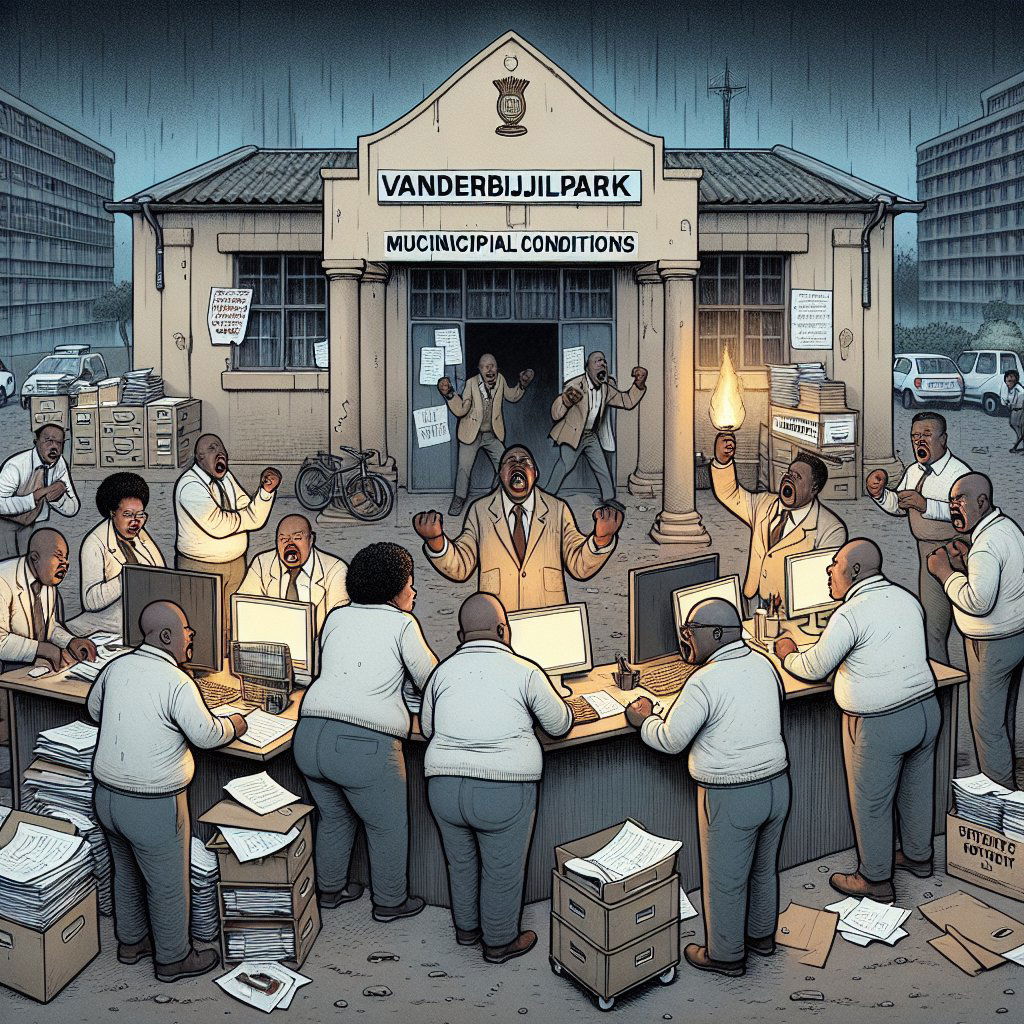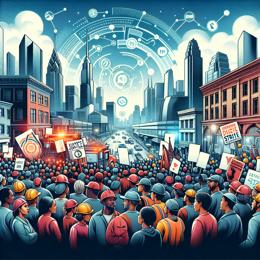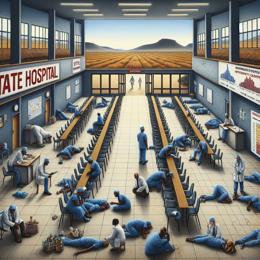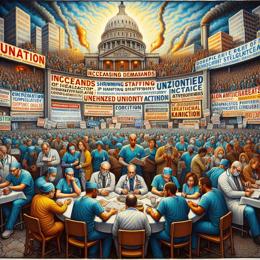Image: AI generated for illustration purposes
Emfuleni Municipality Workers Protest Deplorable Working Conditions
In Vanderbijlpark, a group of determined municipal workers from the Emfuleni Local Municipality have resolutely taken a stand against what they describe as insufferable working conditions. With reports of a noxious smell, space shortages, and a dire lack of ventilation, employees have resolved to conduct their duties at the building's exterior as a form of passive protest.
The situation came to a head on Monday, 27 November, when employees, eschewing the sweltering confines of their offices, set up an ad-hoc workspace outdoors. The move was empowered by grievances that have been voiced since 2019 with no apparent remedial action from management.
An employee, who chose to express frustration on the matter, recounted how the lack of windows and poor ventilation exacerbated the stifling heat, especially during heatwave conditions. The building's compromised state not only presents risks to employee well-being but also poses a hazard to the safekeeping of municipal records. Files, due to inadequate storage solutions, are scattered in disarray, further evidence of the systemic neglect the workers allege.
While seated outside their offices, the staff continued to serve the residents of Vanderbijlpark, though under compromised conditions. The workers' collective sentiment was clear: their health and safety could no longer be secondary to their vocational responsibilities.
Another staff member highlighted how adverse weather exacerbates their working conditions. Rainfall translates to leaks and water intrusion, rendering the offices effectively inoperable. The hot climate without air-conditioning intensifies discomfort and, for some, poses serious health risks.
The building in question houses several critical departments, including land use management, building control, properties, and human resources, indicating the breadth of impact these conditions have on municipal operations.
In response to the publicized complaints and the employees’ protest, Makhosonke Sangweni, a spokesperson for the Emfuleni Municipality, acknowledged the hardships faced by the workforce. The statement given suggested that a collaborative approach, which would include unions, management, and other stakeholders, is being convened to address the situation with a sense of urgency.
While Sangweni confirmed that some of the employees' grievances entailed financial implications, he assured that the management is earnestly and promptly focusing on a lasting resolution.
This conflict between the municipal workforce and their conditions highlights a broader question about workplace safety, workers' rights, and the obligations of employers to provide a safe and healthy environment for their employees. It underscores the necessity for continued vigilance and advocacy by labor unions and individual workers alike to safeguard against neglect and to ensure that basic occupational standards are not merely optional considerations, but mandatory requisites for any functioning society.
As the story of Emfuleni's municipal workers unfolds, it serves as a stark reminder of the essential need for dialogue, action, and a commitment to decency in the workplace.






